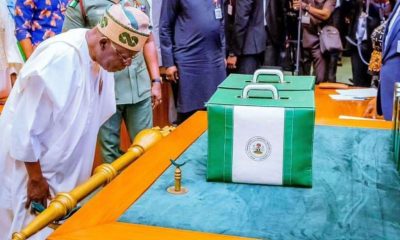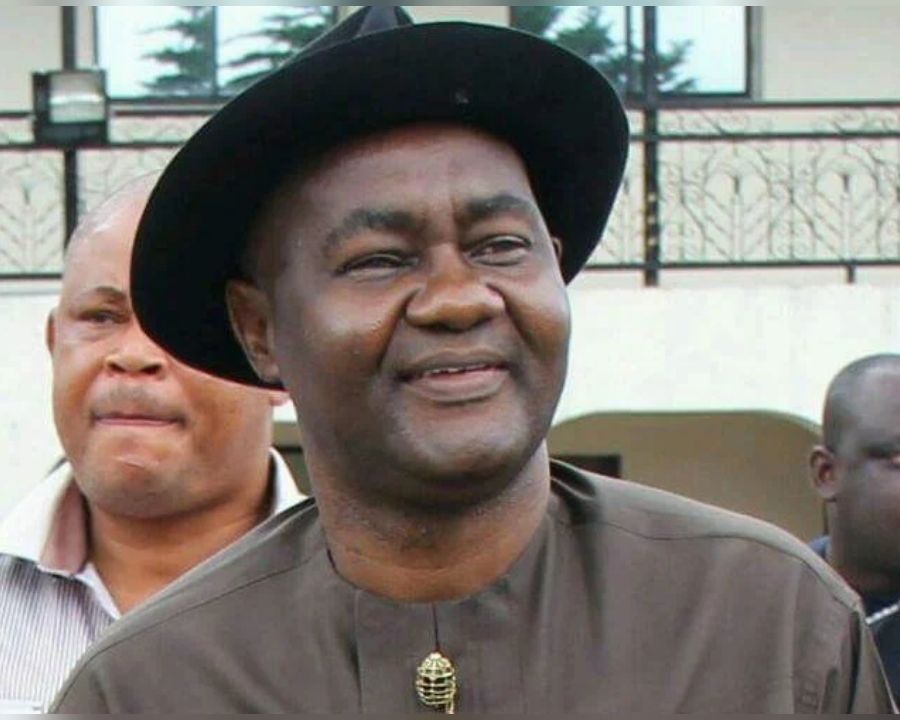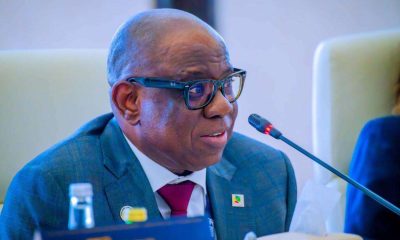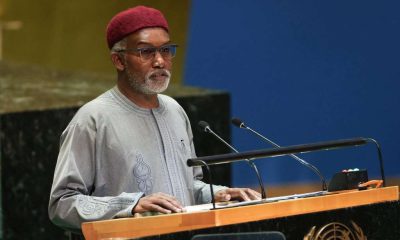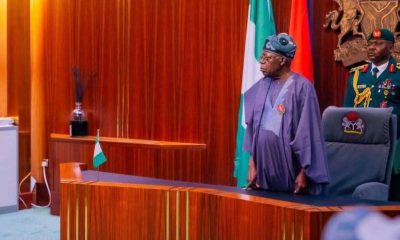Nation
Tinubu grants presidential pardon to Herbert Macaulay, Mamman Vatsa, others
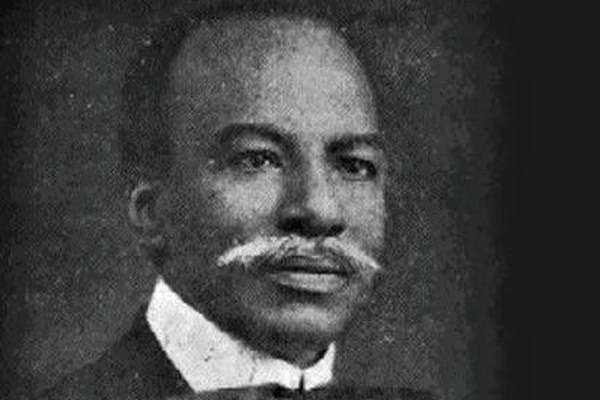
President Bola Ahmed Tinubu has approved the grant of presidential pardon to 175 individuals, including notable historical figures such as the late nationalist Herbert Macaulay and former Federal Capital Territory Minister, Maj.-Gen. Mamman Vatsa (retd.)
The decision was reached during the National Council of State meeting held at the Presidential Villa, Abuja, on Thursday.
Although the presidency is yet to release the full list of beneficiaries, sources confirmed that the president invoked Section 175 of the 1999 Constitution (as amended), which empowers him to grant prerogative of mercy to deserving individuals.
Governor Uba Sani of Kaduna State, who briefed State House correspondents after the meeting, said: “Eighty-two of the inmates were granted full pardon, 65 had their sentences reduced, while seven death sentences were commuted to life imprisonment. This decision underscores the President’s commitment to justice, fairness, and correctional reform.”
Among those reported to have been granted posthumous pardon is Herbert Macaulay, widely celebrated as the Father of Nigerian Nationalism. Macaulay, who championed early political activism against colonial rule, was twice convicted by the British authorities in Lagos.
In 1913, while working as a private surveyor, he was accused of misappropriating funds from an estate he managed and sentenced to prison, a case many historians have long described as politically motivated.
Again in 1928, Macaulay was convicted of sedition after his newspaper, the Lagos Daily News, published articles supporting the Eleko (Oba of Lagos) in a dispute with colonial administrators. He was sentenced to six months in prison with hard labour in what became known as the “Gunpowder Plot” case.
Also named among the beneficiaries is Maj.-Gen. Mamman Vatsa, a former FCT minister, poet, and member of the Supreme Military Council. Vatsa was executed by firing squad on March 5, 1986, after a secret military tribunal convicted him of treason over an alleged coup plot against then military ruler General Ibrahim Babangida, his longtime friend.
Reports also indicate that members of the Ogoni Nine and Ogoni Four, executed under the late General Sani Abacha regime, are among those pardoned.
The presidential amnesty, analysts say, reflects Tinubu’s broader push for national reconciliation, justice reform, and healing of historical wounds.


